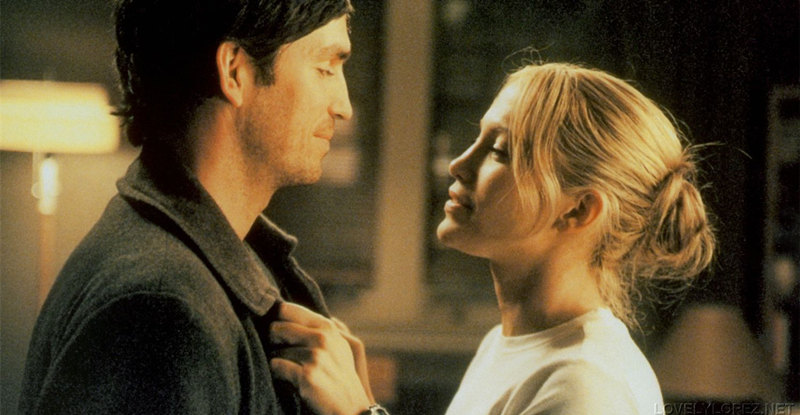In the opening scene, Philip Roth states he will soon face two “calamities”: death and biography. “Let’s hope the first happens first” he says.
The fact that he equates biography as an event on the same level as death points to the challenge faced by the filmmakers William Karel and Livia Manera in “Philip Roth Unmasked,” an examination of Roth’s life and career for the PBS American Masters series. Until the last decade or so, Roth has been a reluctant public figure since his published debut in 1959, yielding interviews rarely. Karel and Manera gained apparently unusually lengthy access to Roth, filming interviews for a ten-day stretch, working on a “promise” made by Roth that he would be more open than ever before.
The film never completely answers that challenge, and the results are mixed, though not without charm. “Unmasked” really functions best as a survey of Roth’s literary career, a kind of highway drive-by of his most remarkable novels, with occasional rest stops to examine certain books in greater detail. Viewers hoping for a thorough accounting of the writer’s personal life will be left sadly wanting, as the film focuses firmly on the impact and stories behind the uncensored sexuality and provocation of Roth’s blend of personal history, national identity and social critique.
Those already familiar with Roth’s prolific output, such as “Sabbath’s Theater,” his breakthrough 1969 novel “Portnoy’s Complaint,” and the series of books featuring his recurring protagonist and personal “stand in” Zuckerman, will find much of interest in the background information Roth shares about sources and inspirations. He tells a wonderful anecdote about warning his parents about the coming storm of attention they will get on the publication of “Portnoy’s Complaint,” only to later find that his mother wept in private for what she thought were his “delusions of grandeur.”
But the filmmakers are able to capture very little of the scathing black humor behind so much of Roth’s fiction, and the assembled product is disappointingly conventional and downright dull at times. Some of the praise offered on Roth’s behalf verges on PR puffery, though given the series this piece belongs to, a hope of critical dissension or debate is probably misguided.
And for all his promises of being open and “unmasked,” Roth is still clearly reluctant to provide some personal information. In a particularly glaring example, he speaks about a five-year blank period where he published nothing (1962-1967) and almost in passing mentions that this block seemed to stem from his “brutal” first marriage. The film never bothers to even provide the name of his first wife, and does no follow-up on the obvious question of what this difficult marriage meant to his novels (and to his portraits of women in those novels).
This isn’t to say Roth is a dry biscuit in his interviews. He is engagingly serious and earthy, and one can sense the burning intelligence fueling his writing. He offers stories about his relationship to fame, to his fictional alter-egos, and his feelings about the idea of factionalized literature. He speaks candidly about his fears of mortality, the hell of growing old and his thoughts of suicide. “Writing is a dangerous profession,” he states, as pictures of other 20th century writers who have committed suicide play on screen.
Video:
“Philip Roth Unmasked” is presented in standard television widescreen format, 1.33:1 aspect ratio. Picture quality is fine, no complaints, with a nice level of detail in the facial close-ups. There is an English SDH subtitle track.
Audio:
The soundtrack is in digital 2.0 stereo, and clarity and balance are satisfactory. There are no set-up options included.
Extras:
Deleted interview segments with Roth, most of which are interesting though brief, especially his talk about meeting writer Primo Levi shortly before Levi’s suicide.
Parting thoughts:
Though uneven and parched at times, “Philip Roth Unmasked” is a reasonably effective, wide-not-deep portrait of one of America’s greatest writers.


